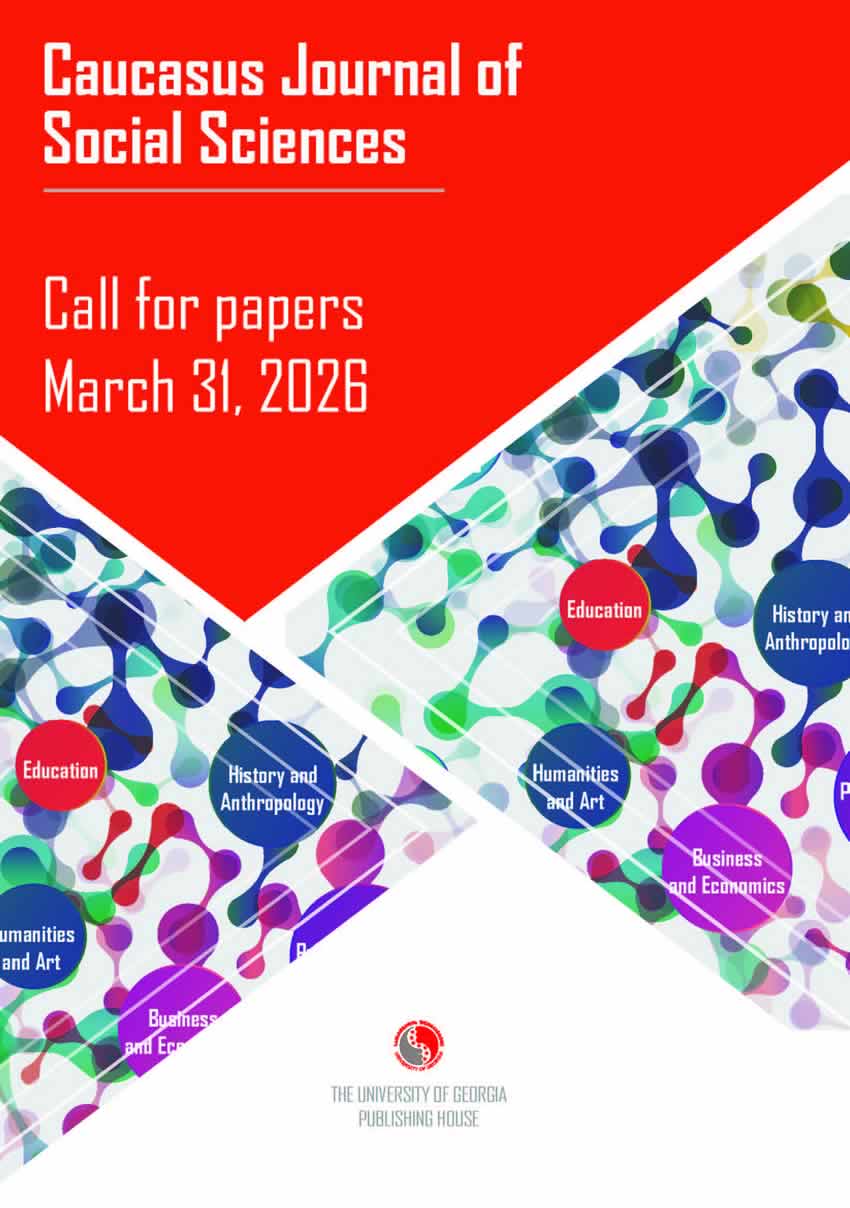Aporia and Its Narrative Structure in the Novel The Unnamable by Samuel Beckett
DOI:
https://doi.org/10.62343/cjss.2013.114Keywords:
Aporia in Deconstruction, Derrida's Theory of Differance, Characteristics of The Unnamable, Nietzsche, Zero Degree WritingAbstract
The article deals with the scientific framework of the less widespread stylistic device aporia, focusing on its definition, peculiarities, function and effect caused by it. Aporia as a stylistic-phonetic device has gained a great power and a new mode of expression in the timeless example of 20th century prose – by Samuel Becket. The Unnamable is a stream-of-consciousness novel, but not like Joyce’s Ulysses, where the sights, sounds, smells and human bustle of Dublin are evoked for us, in vivid specificity, through the sense- impressions, thoughts and memories of the chief characters. All we have is a narrative voice talking to itself, or transcribing its own thoughts as they occur, longing for extinction and silence, but condemned to go on narrating, though it has no story worth telling, and is certain of nothing, not even of its own position in space and time. Beckett was a deconstructionist avant la letttre. “ I seem to speak, it is not I, about me, it is not about me ”Aporia is a favorite trope of deconstructionist critics, because it epitomizes the way in which all texts undermine their own claims to a determinate meaning; but the narrator’s later admission, “that I say aporia without knowing what it means”, is a trumping of aporia. What is extraordinary is that this bleakly pessimistic and skeptical text is not deeply depressing to read, but on the contrary funny, affecting, and in a surprising way affirmative of the survival of the human spirit in extremis. Its famous last words are: “you must go on, I can’t go on, I’ll go on”
Downloads
Published
How to Cite
Issue
Section
License
Copyright (c) 2023 Helen Leli Abashidze

This work is licensed under a Creative Commons Attribution 4.0 International License.
In case an article is accepted for publication it is allowed to combine the article with other research, to conduct new research on the article, or to make different arrangements on condition that the same license is used including commercial purposes.
As an author of an article published in the Caucasus Journal of Social Sciences, you retain the copyright of your article and you are free to reproduce and disseminate your work.











